Did you know that May is Mental Health Awareness Month?
We here at the IWRC have recently put forth a few resources promoting mental health in wildlife rehabilitation, such as our blog post on Self-Caring During COVID-19 and our Going Home Checklist. As we can all imagine, due to the emotion, long hours, and stress placed on us (especially during the intense spring and summer hours), the importance of mental health cannot be overstated…. but what is mental health? How does our work impact our mental health? What can we do about this?
What is mental health?
Mental health includes our emotional, psychological, and social well-being. It affects how we think, feel, and act. It also helps determine how we handle stress, relate to others, and make choices.
mentalhealth.gov
1 in 5 adults experiences mental health issues1. Even if they don’t affect you personally, they likely affect someone you know!
Myth: I can’t help someone else get over their mental health issues. Busted: One’s social networks are perhaps the most valuable in helping them get through a difficult time. Friends and colleagues can not only show their support for those impacted but also help them find the help that they need.
Myth: Mental health issues cannot be prevented. Busted: As we rehabbers know with our own patients, prevention is far easier than treatment (though in our case, both are feasible!). Knowing one’s risks and limits can help manage our mental wellbeing.
Mental wellbeing impacts from our work
Traumatic events. We see a lot during our work as rehabilitators. Whether the animal was hit by a car, torn apart by a cat, or shot, it can be traumatic – both for the patient and for us. On a near-daily basis, we witness suffering and animals in duress.
Stressful life situations (financials, loved one’s death, divorce, ongoing medical conditions). As most of our work comes out of pocket – or relying solely on donations (surviving donation-by-donation), it can be very stressful to wonder if we can afford our next batch of mealworms.
Dealing with stressed, angered, or scared members of the public.
In addition…
Advanced level of multitasking and triage (answering phone calls, feeding wildlife, etc)
Balancing relationships. Spring and Summer hours are long and seemingly never-ending… this can make personal relationships difficult to find and maintain.
Maintain positive mental health
1. Seek professional help. There should be no shame in asking for help. As we rehabbers know, we can’t do it all! It is more than OK to ask for help.
2. Connect with your social network. This doesn’t just mean Facebook. Reach out to your friends, family, coworkers, and colleagues. In fact, studies show that those who engage in regular social interactions with others are less likely to be depressed2. We’re in this together and you are not alone.
3. Help others. Well…. we probably have this pretty well covered in our daily work as rehabilitators but this is a great reminder ;)….
4. Sleep. What is sleep? We know those baby hummers need feeding every 20 minutes, but luckily we know that their parents do indeed get sleep – so we can too! The National Sleep Foundation’s recent studies show that most adults need 7-9 hours of sleep each night3. Though it may not always be possible, it is a good goal to aim for! Don’t forget, we also make fewer mistakes when well-rested4.
5. Develop coping skills. We all go through rough, really rough days… It is OK to feel emotion about what we do, and it is OK to take a second to step outside, go for a run, or find a useful technique to deal with a difficult or stressful event5.
6. Get or stay active. Physical and mental health go hand-in-hand. Staying physically active can help you maintain your mental wellbeing
Most importantly, please remember how awesome you are and the significant difference you make on wildlife’s lives each and every day. Stay healthy. Stay well!
Resources
Crisis Text Line (US): Text HELLO to 741741
Suicide Hotline: +1-800-273-8255 (US)
National Alliance on Mental Health (US)
References
- Mental Health Myths and Facts. Washington DC: US Dept of Health & Human Services; 2017 [accessed 2020 May 26]. https://www.mentalhealth.gov/basics/mental-health-myths-facts
- Steger MF, Kashdan TB. Depression and Everyday Social Activity, Belonging, and Well-Being. Journal of Counseling Psychology. 2009;56(2):289-300. doi: 10.1037/a0015416
- How much sleep do we really need? Arlington (United States): SleepFoundation.org; 2020 [accessed 2020 May 26]. https://www.sleepfoundation.org/articles/how-much-sleep-do-we-really-need
- Gingerich S. Wake-up call: sleep deprivation can lead to workplace mistakes. Yardley (United States):Staywell; 2019 [accessed 2020 May 26] https://www.staywell.com/insights/sleep-deprivation-workplace-mistakes
- What is mental health. Washington DC: US Dept of Health & Human Services; 2019 [accessed 2020 May 26]. https://www.mentalhealth.gov/basics/what-is-mental-health

Leave a Reply
You must be logged in to post a comment.